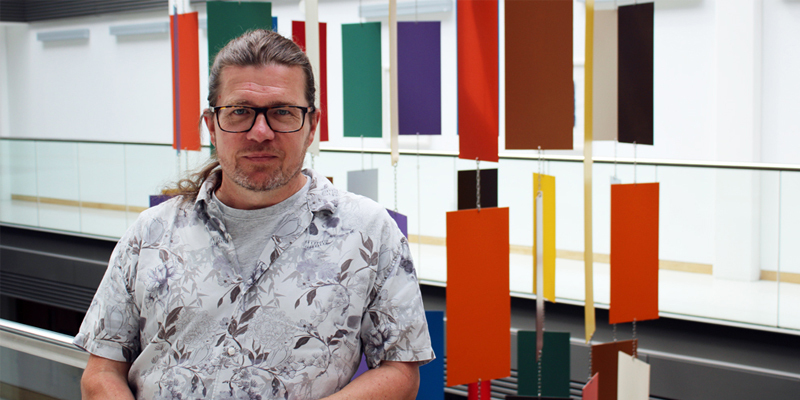In This Section
- Home
- About the College
- Governance
- College Committees & Steering Groups
- College Assembly
- College Council
- College Executive Management Committee
- College Academic Programmes and Curriculum Development Committee
- College Graduate Studies Committee
- College Research & Innovation Committee
- College Teaching Learning and Student Experience Committee
- College Student Recruitment and Outreach Committee
- College Sabbatical Research Leave Committee
- College of SEFS Adjunct Appointments Committee
- International Education Committee
- College Postgraduate Student Committee
- Athena SWAN Steering Group
- College Committees & Steering Groups
- Human Resources
- UCC STEM Awards
- Scholarships and Prizes
- Women in STEM Panel Talks
- Inaugural Professorial Lectures
- Athena SWAN in SEFS
- Proposal Calls
- Contact Us
- Science in Society Public Lecture Series
- Governance
- News
- Staff
- Schools and Departments
- Current Students
- Undergraduate Courses
- Postgraduate Courses
- International Students
- Research and Innovation
- Employability and Careers
- Outreach and Public Engagement
- Science Week
- Transition Year Programmes
Translon fills a gap in explaining how genetic information becomes cellular proteins

A letter from a global team of researchers, led by Professor Pasha Baranov, School of Biochemistry and Cell Biology, UCC, has been published in the prestigious journal Nature Methods, advocating for a key change in genetic terminology. They propose the term 'translon' to shed light on a mysterious and often overlooked region of our DNA.
For a long time, scientists believed that all parts of DNA that are "translated" or read by protein-making machinery, are used to make what we know as proteins. These protein-coding sequences were called "Coding DNA Sequences" (CDS).
However, over the last 15 years, new technologies have revealed a surprise: our cells translate many regions of DNA that do not produce a recognisable protein. The molecules created from these regions are often too short to function like regular proteins. Scientists have even started calling them the "Dark Proteome," in a nod to the "Dark Matter" that physicists believe makes up most of the universe. Just as Dark Matter is a mysterious part of space, the Dark Proteome is a hidden, yet important, part of our cells.
The challenge for scientists has been how to accurately talk about these translated regions without assuming they make a protein.
"The realisation came up that there is a need for a term for what is translated that is not defined by what the product of this translation is," said Professor Baranov.
The proposed term, translon, is short for "translated region." Unlike older terms, it's defined by the process itself—translation—rather than by the final product. This allows scientists to describe these translated regions accurately, regardless of what they create, or if they create anything at all.
This new word is expected to bring much-needed clarity to the field. "We expect that the term translon will reduce confusion when discussing translated regions and make genome annotations more accurate and realistic," said the researchers.
The authors hope that "translon" will soon become a standard term, making its way into future textbooks and fundamentally changing how we map our genomes. Among the researchers who helped develop this term were two other UCC scientists, Dr. Kellie Dean and Dr. Martina Yordanova.
For more on this story contact:
Translon: a single term for translated regions | Nature Methods
College of Science, Engineering and Food Science
Coláiste na hEolaíochta, na hInnealtóireachta agus na hEolaíochta Bia
Contact us
Block E, Level 3, Food Science Building, UCC, Cork, T12 YN60.
